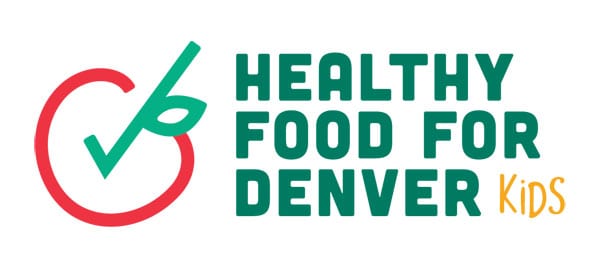
December 4, 2018; Civil Eats
Last month, with 59 percent voter approval, Denver passed Ordinance 302. Placed on the ballot by the Healthy Food For Denver Kids campaign, the measure establishes a mini-sales tax (eight hundredths of one percent) for 10 years to fund healthy food access and education programs for youth in Denver.
Writing for Civil Eats, Rachel Cernasky explains that, “Under the initiative, a 13-person commission will be created (through a preexisting city-coordinated process) to allocate the funds.” The measure is expected to raise $11.2 million in the first year. Funds raised will go to Denver groups already working to get more healthy food to children in low-income families.
“According to the Healthy Food campaign,” Cernasky writes, “one in seven kids in Denver missed a meal in the last 30 days because of cost; Colorado itself is the third fastest-growing state for childhood hunger.”
As Cernasky explains, using taxes to improve health is not uncommon. For instance, Philadelphia’s soda tax raised $79 million in its first year. Other cities with soda and sugar taxes include Berkeley, California; San Francisco, California; and Boulder, Colorado.
Sign up for our free newsletters
Subscribe to NPQ's newsletters to have our top stories delivered directly to your inbox.
By signing up, you agree to our privacy policy and terms of use, and to receive messages from NPQ and our partners.
The Denver approach is different, however, since it is not a sin tax, but rather a general city sales tax of .08 percent. Effectively, the tax measure approved by voters in November raises the sales tax paid by Denver consumers from 3.65 percent to 3.73 percent.
The tax helps finance Denver’s long-term strategic plan to achieve a healthy and equitable food system. The 2017 Denver Food Vision outlines twelve key goals:
- Invest in building community-driven complete neighborhood food environments
- Expand community food production and sharing
- Improve access to a wide variety of healthy food retail options
- Ensure that healthy food is affordable for everyone
- Promote healthy food environments and education for youth
- Increase community demand for healthy foods
- Develop Denver as an epicenter for the regional food economy
- Support the creation, expansion and economic strength of Denver food businesses
- Spur innovation and entrepreneurship across food and agricultural industries
- Expand and preserve regional food system assets and infrastructure
- Promote environmentally regenerative and climate smart food systems
- Reduce amount of food going to waste
Shannon Spurlock, manager of external relations for the nonprofit urban agriculture and education organization Denver Urban Gardens, notes that the tax was needed to have the ability to make progress on those goals. “A plan without funding is really hard to consistently implement,” Spurlock tells Cernasky.
Early education is a central focus of the Denver plan. It’s crucial “to make the healthy choice the easy choice,” says Spurlock, who adds that, “This investment in kids—it’s not just for the next 10 years, but the lessons and experiences that they learn now have the potential to benefit them for a lifetime.”
Denver Urban Gardens is one likely recipient of city funds because they already work with schools throughout Denver. Other Denver nonprofits that are likely to get funding include GrowHaus, Re:Vision, and Denver Food Rescue. That said, decisions regarding allocation of tax revenues received will not occur until mid-2019.
Spurlock indicates that because the tax provides new revenues, it is her hope that the tax will help groups to expand and deepen their work. For Denver Urban Gardens, that includes stronger partnerships with Denver schools, a key focus for her group. “There’s a lot of research out there showing that when kids grow their own food, they’re more likely to eat it,” Spurlock adds.—Steve Dubb













